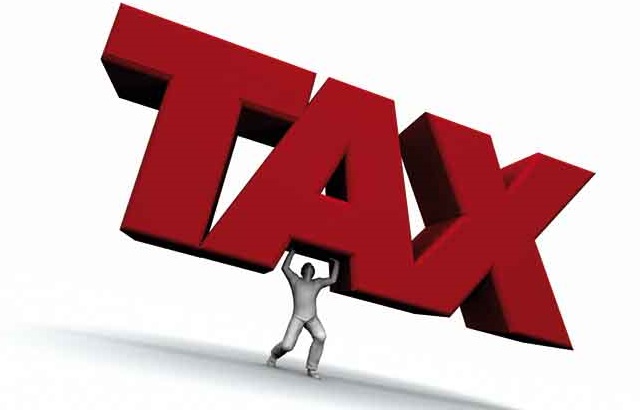The coronavirus outbreak has forced governments to borrow billions to keep businesses going and help people put food on the table.
But, in the long run, this is not sustainable; as the financial generosity has not been given to the UK public via a magical money tree.
Recently, International Adviser reported on a document, seen by UK newspaper the Daily Telegraph, which estimated the country’s deficit could reach £337bn ($412bn, €376bn) in 2020 because of the outbreak.
Therefore, it is increasingly likely that initiatives will be put in place to pay off the debt accrued during covid-19.
The taxman cometh
According to a survey of 75 MPs by political news publication The House, 72% agree “taxes will increase to fund public services”.
Rachael Griffin, tax and financial planning expert at Quilter, said: “The government has provided unprecedented financial support to tackle the economic effects of covid-19 and as we move out of the initial lockdown, speculation continues to build on how the government will eventually settle the bill.
“With further austerity ruled out by the prime minister, the chancellor is under increasing pressure to find a solution that is both politically acceptable, and economically practical.
“The survey shows that there is a clear acceptance among MPs that taxes will have to rise in future to pay for the financial measures and to support our public services.”
Wealth tax
There are many different initiatives that HM Treasury could introduce post-coronavirus to pay off the national debt.
However, the general public is unlikely to be hit further as they are the ones who have ultimately suffered financially during this crisis, so the finances of high net worth individuals may end up being sacrificed.
“Any tax that reduces disposable income during a downturn will be hard to stomach, and so it is likely that income tax rates will remain unchanged in the short- to medium-term but will then increase in the long term, as the government sends a signal to the markets that they are committed to reducing the deficit,” Griffin added.
“There is also growing speculation that a one-off or ongoing levy on personal wealth could be implemented in the UK to rebalance the wealth distribution and provide a significant boost to government revenue.
“However, there are a number of practical and political difficulties associated with a levy on wealth, so it is likely that any change to the taxation of wealth will take the form of changes to capital gains tax (CGT) and inheritance tax (IHT).
“In this period of economic uncertainty, one thing is clear: anything and everything will be on the table and we will see a flurry of fiscal changes from the government in the months and years ahead that will radically alter the tax landscape.”








